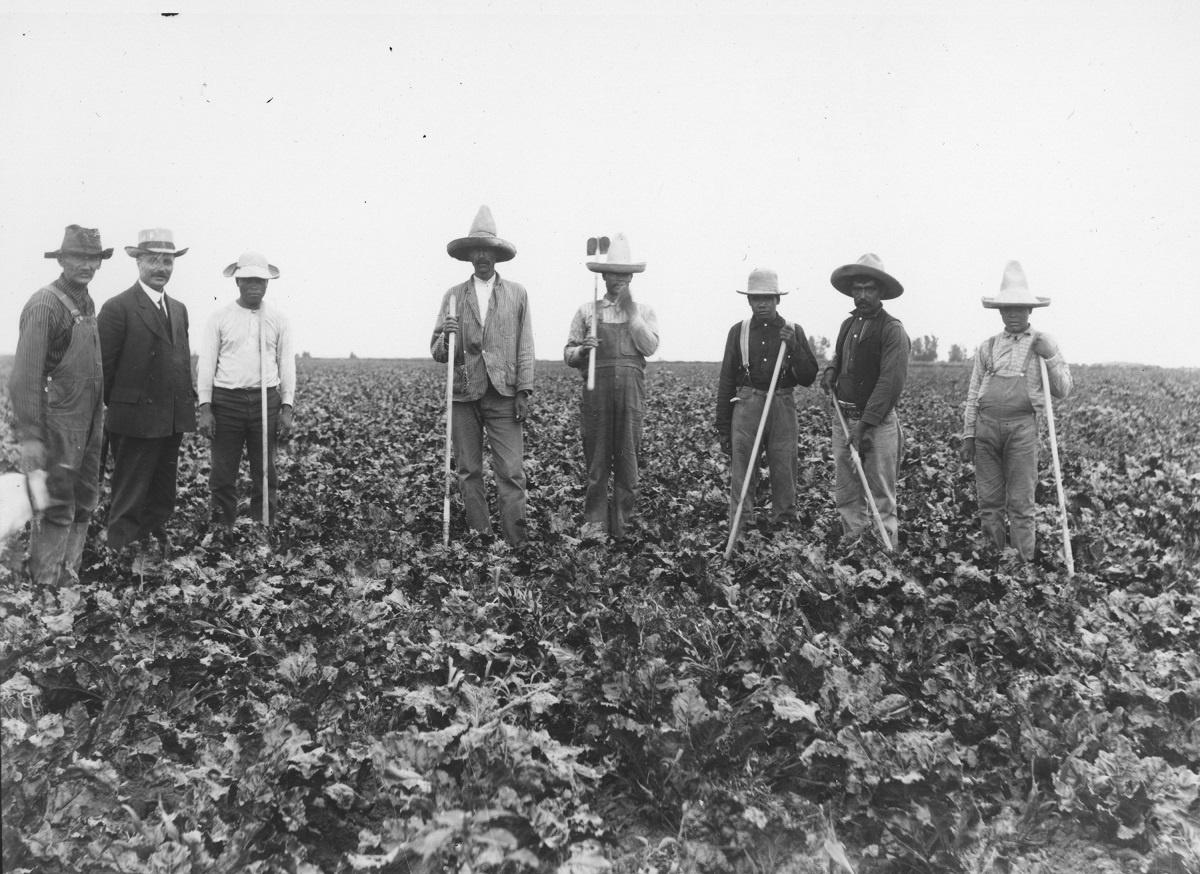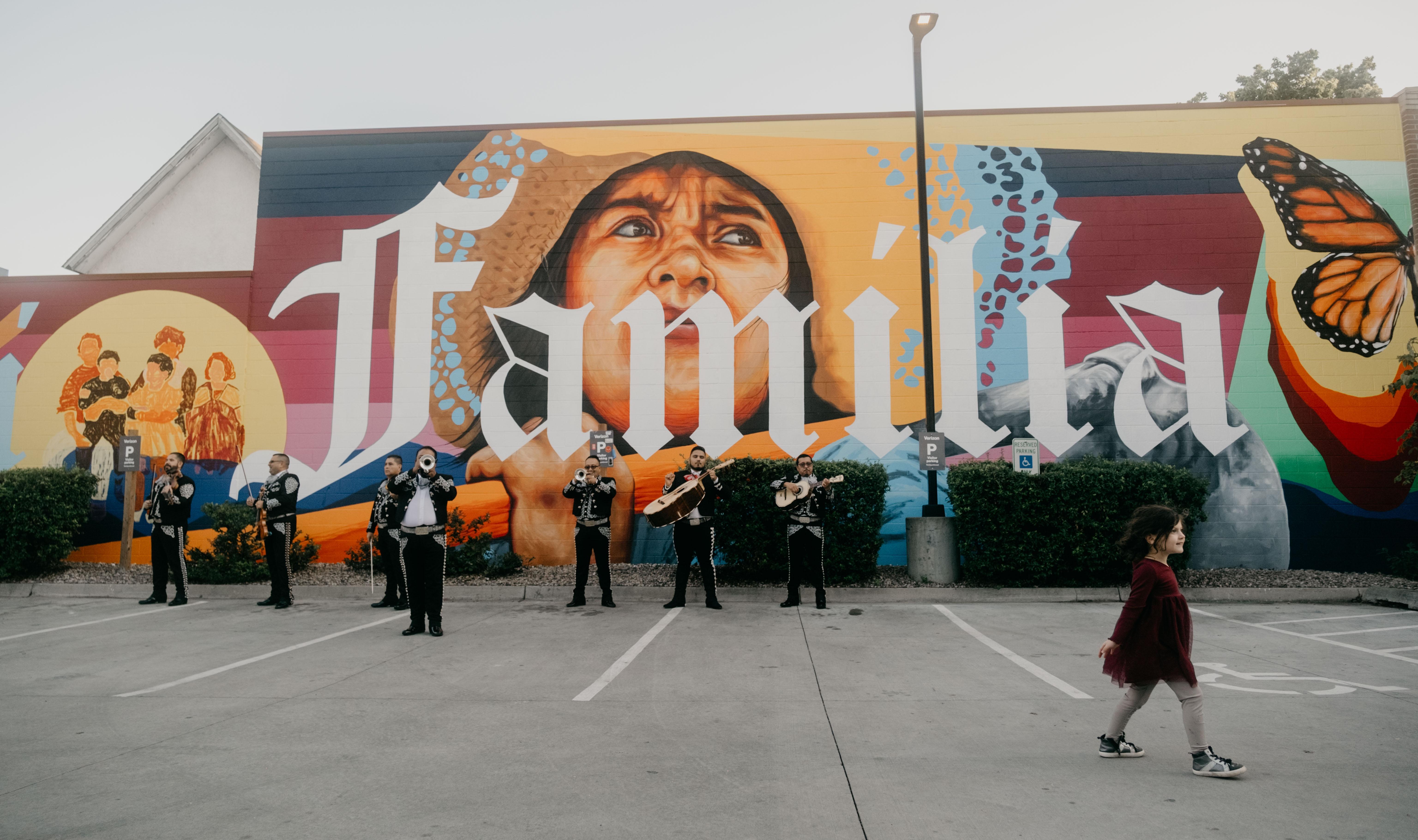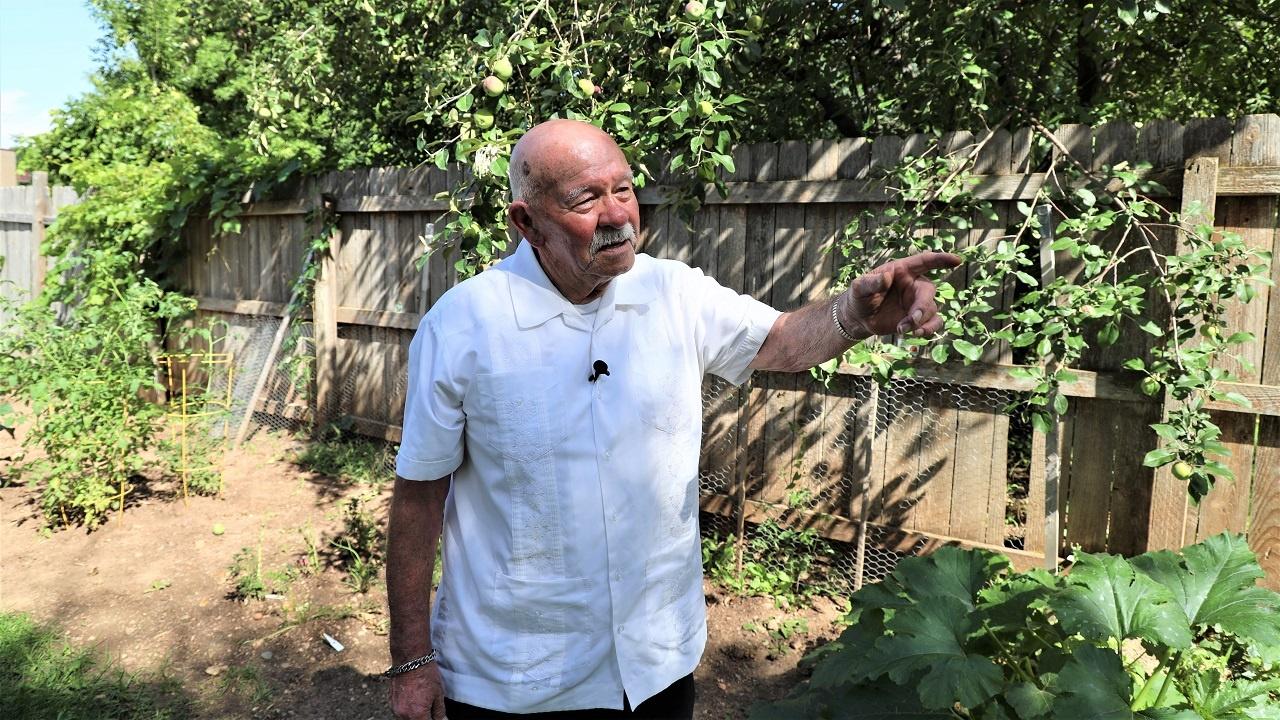
Fact-finding from the fields of Fort Collins' history
On Saturday, July 8 a group of people came together to share oral histories of working in agriculture fields in northern Colorado.
.jpg)
This episode takes a historical look at northern Colorado's development in agriculture and how labor conditions for the Hispanic farmworkers led to El Movimiento of the 1960s.
In the 1890s, a serious economic depression hit Colorado along with the rest of the country. The mining industry that drew so many white settlers to the area had dropped off and entrepreneurs were looking for new industries. Along came the sugar beet. Different from beetroot, the crop has a pale, tan color and can grow much bigger in size and weight and is composed of about 20% sucrose. The top is then cut off and sent to a factory to be processed into sugar.
Former mining owners transitioned to sugar beet farming and opened factories in the early 1900s. The Great Western Sugar Company, founded in Colorado, became the largest producer of beet sugar in the country and opened a factory in Fort Collins in 1903.
As farmers bought up land and planned to grow sugar beets, they discovered proper cultivation required a lot of work to be done by hand and, as a result, sought cheap labor. The first wave of that labor were Germans and Russians who were familiar with the crops, and then immigrants from Japan were recruited. All of that was not enough labor for the booming industry, so companies started to recruit Mexicans, Native Americans, Chicanos and other Hispano communities to work in northern Colorado.
Priscilla Falcon, a professor emeritus at the University of Northern Colorado, said that between 1910 and 1920, Denver was home to about 1,500 people with Spanish surnames. By World War II, that number rose to 12,000.
"Many of those many of those folks had their roots in the in the agricultural industry in northern Colorado. Fast forward to the Chicano movement [of the 1960s], you have folks who are very sensitive to the plight of farmworkers," said Falcon.
While several protests, strikes and marches occurred in Colorado at the time, one of the most notable was the women-led strike of Kitayama Corporation in Brighton, Colorado. Guadalupe Briseño and Rachel Sandoval spoke to Rocky Mountain PBS about the 221-day strike as part of this episode.
"Colorado Experience | Cultivating Change" premiered on Oct. 26 at 7 p.m. on Rocky Mountain PBS and our YouTube.
You can watch it now below.

On Saturday, July 8 a group of people came together to share oral histories of working in agriculture fields in northern Colorado.

This September was the grand unveiling of the “Para Mi Familia” mural — “for my family” in English — outside of Los Tarascos Restaurant. Dozens of people gathered around as a Mariachi band played spirited tunes celebrating the new street art.

Carmelo “Chuck” Solano shared his experiences working in agriculture fields in Colorado as a child in the 1950s.

Guadalupe “Lupe” Briseño and Rachel Sandoval spoke with Rocky Mountain PBS about organizing the 221-day strike at the Kitayama carnation plant in Brighton.
Community stories from across Colorado and updates on your favorite PBS programs, in your inbox every Tuesday.